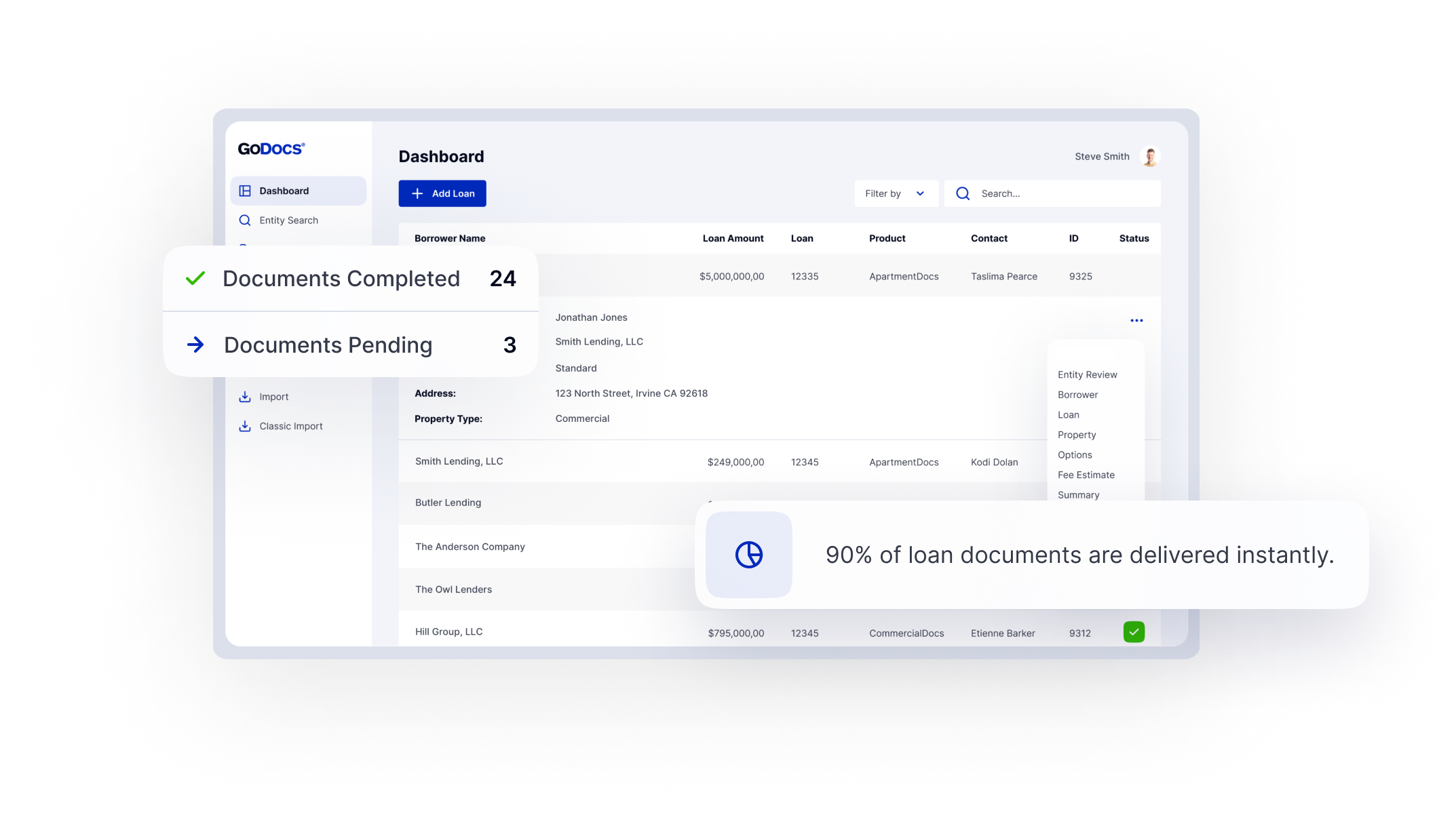by Tucker Wade
In response to the affordable housing shortage in many states, legislatures across the country have passed laws that allow or require local governments (e.g., counties, cities) to enact rules that support the construction of new residential units on single-family residential lots. These laws (“ADU Laws”) allow for the creation of accessory dwelling units (ADUs), which can take various forms.
Accessory Dwelling Units (ADUs)
ADUs can be a former garage, pool house, or other interior space on the property, or they can be a standalone structure, either attached or detached from the primary residence. An ADU can be built on an existing lot zoned for one single-family home or on a new lot created by subdividing an existing one. Once built, the ADU is considered a “new residence” and can potentially be occupied by another family member or a third-party tenant.
ADU Laws
However, ADU Laws vary by state, reflecting different approaches taken to increase affordable housing. For example, some legislatures may see a for-rent ADU as a way to provide additional income for a senior homeowner (an investment property) or as a space for a family member to live while serving as a caregiver.
In some cases, ADU Laws may require the ADU to be owner-occupied, which would likely hinder a commercial lender’s willingness to make a “business purpose” loan to construct or renovate an ADU. In other cases, some ADU Laws do not require owner occupancy in certain circumstances, such as when an ADU was permitted for construction or the type of ADU to be built. Additionally, ADU Laws may differ from city to city within the same state.
Despite the introduction of new ADU Laws, courts may present additional challenges for commercial lenders looking to enter this niche market. Take California, for instance.
California S.B. 9
Effective January 1, 2022, the State of California enacted S.B. 9, the Home Opportunity and More Efficiency Act (the “Act”), to promote the expansion of ADUs statewide. The Act established minimum approval standards that local governments must abide by to support the creation of ADUs, requiring them to revise or eliminate existing development requirements that were an impediment to the creation of ADUs. However, local authorities retain the right to regulate ADUs as long as any such regulations do not conflict with the standards set by S.B. 9.
In April 2024, the Los Angeles County Superior Court ruled in City of Redondo Beach, et al. v. Bonta, et al. that S.B. 9 was unconstitutional, stating “… [S.B. 9] is neither reasonably related to ensuring access to affordable housing [emphasis added] nor narrowly tailored to avoid unnecessary interference in local governance.”
The Court noted that while S.B. 9 aimed to increase access to “affordable housing,” the law did not also ensure access to housing that was below-market-rate (i.e., homes available for low-income residents); the Court interpreted the meaning of “affordable housing” to also include below-market-rate housing.
Simply put, the Court found that an increase in the prevalence of cheaper housing (i.e., ADUs) affects the prevalence, or lack thereof, of below-market-rate housing. By virtue of S.B. 9 codifying specific land use and zoning requirements that local governments must follow to encourage more “affordable housing” through ADUs, S.B. 9 has limited cities’ ability to regulate the availability of below-market-rate housing. This, the Court found, infringes on the rights of cities under the State Constitution.
On June 21, 2024, the California Department of Justice filed a notice of appeal to challenge the Court’s ruling. Suffice to say, the future of S.B. 9 will be decided by the Courts.
Given the variations in ADU Laws across states and the uncertainties in some, like California, it’s vital that commercial lenders thoroughly understand these laws and how they might be applied and enforced against a lender looking to make a “business purpose” loan to construct or renovate a structure for the purpose of making it an ADU.
Senior Director of Legal and Compliance at GoDocs
Experience the Future of Commercial Loan Document Automation
Discover GoDocs, the leading SaaS solution powered by the sharpest legal minds in CRE! Schedule a demo today to elevate your lending process and to gain your competitive advantage.







